When I got invited to Maiduguri to attend the Fatima Shettima and Sadiq Bunu wedding, I was electrified with excitement. I had never been to Maiduguri but being a glutton for adventure, I was rearing to go.
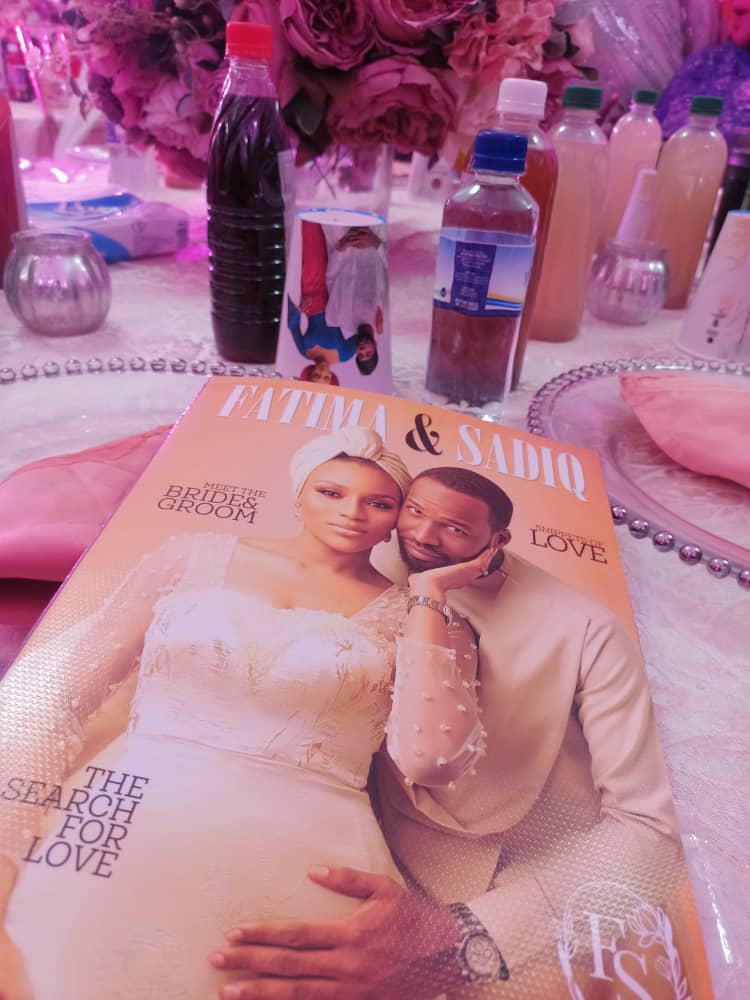
Interestingly, practically everyone who heard of my intended trip had something to say – from the ones whose comments were too bizarre to put down here, to those who felt I might find the trip boring as I would be cut off by the language barrier.
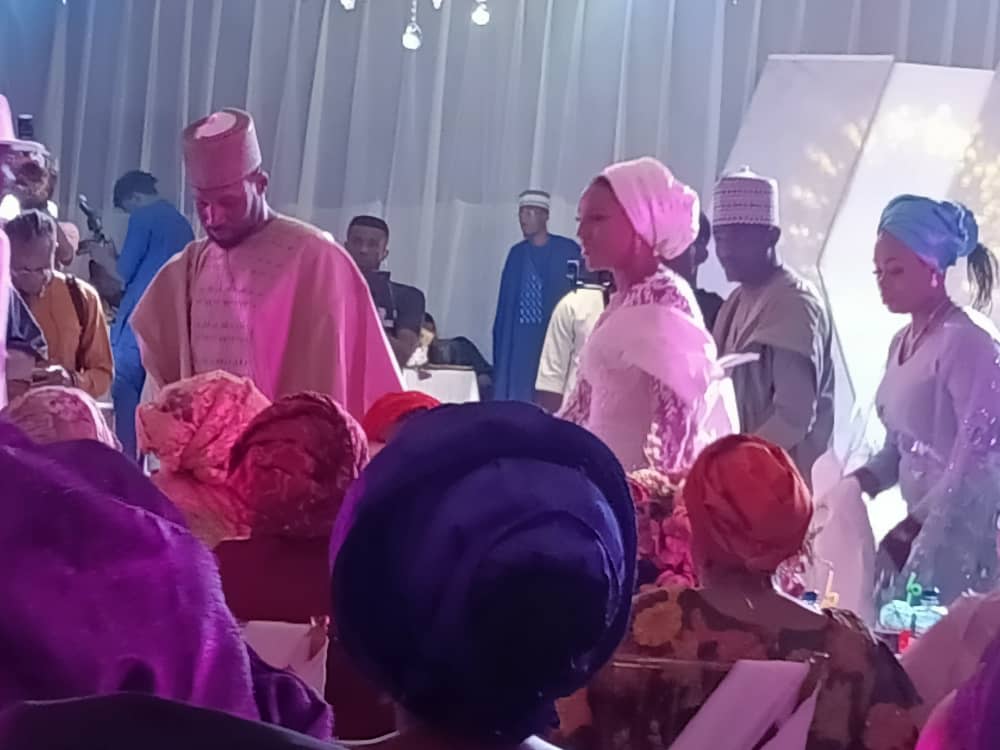
One friend from Maiduguri was particularly excited for me and guaranteed that I would enjoy myself as Maiduguri is such a beautiful place.
I was also advised to be adventurous with the cuisine.
This was music to my ears.
Being a world traveller, my palates would always itch for whatever local delight was on offer.
If I was brave enough to try injira (really sour) bread in Ethiopia, Maiduguri can bring it on!
When I flew into Maiduguri, the weather was mild and cool. I was picked up and taken to a rest stop from where my host, Dr. Fatima Zanna Gana, her sister and I proceeded to the groom’s house, where we were part of the contingent of the groom’s mothers (his mom and stepmom) for the ‘wushe wushe,’ meaning ‘greet greet’ at the bride’s house.
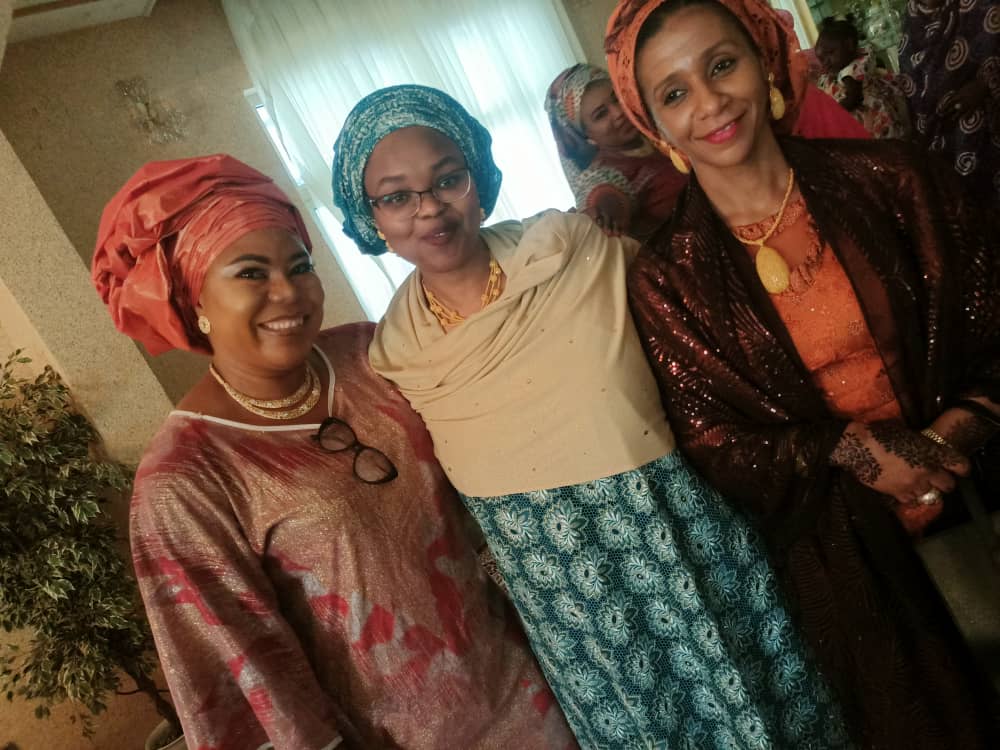
But for the current intrigues of the airlines which makes bookings rather shaky, I would have arrived on Thursday and witnessed the first of the wedding rites, the ‘kususuram’ which I wouldn’t bother to explain as I didn’t get to see it.
Visiting Arc. Ibrahim Bunu’s house was no surprise for me. His house in it’s simple, elegant and tasteful architecture was a testament to his brilliance as an architect. I could see why his famous work, the NNPC towers, is one of Nigeria’s most prominent landmarks.
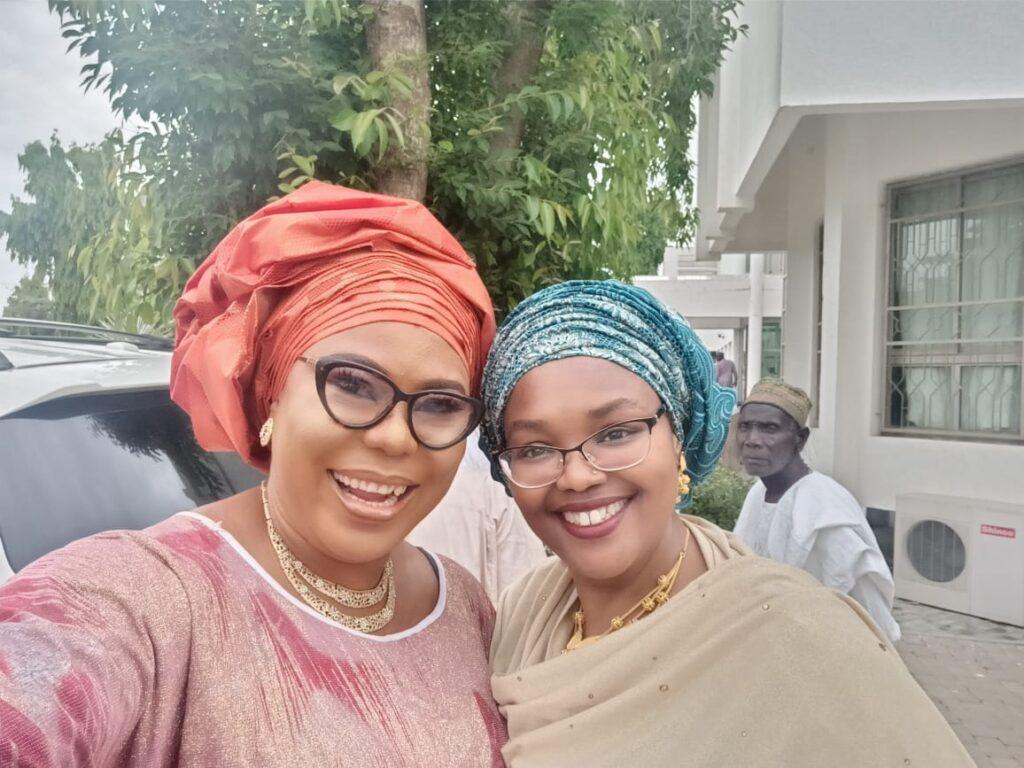
Mingling, I immediately picked up the local language for good evening: ‘nda doub do.’ Each time I said it, with an accent of course, it tickled the locals immensely.
My palates were unleashed upon the vast cuisine that was laid out in a corner of the living room. I tried sinasin and kewanke danwake which literally translates to ‘son of beans.’ I also enjoyed an assortment of local drinks like kunu (millet drink), fura da nono (fresh milk similar to yoghurt and millet), tamarind drink and zobo drink (hibiscus flower drink).
One of the most interesting aspects of my experience was my exposure to the carpet culture.
There were lush lavish carpets everywhere that treated your feet as pleasantly as it treated your backside.
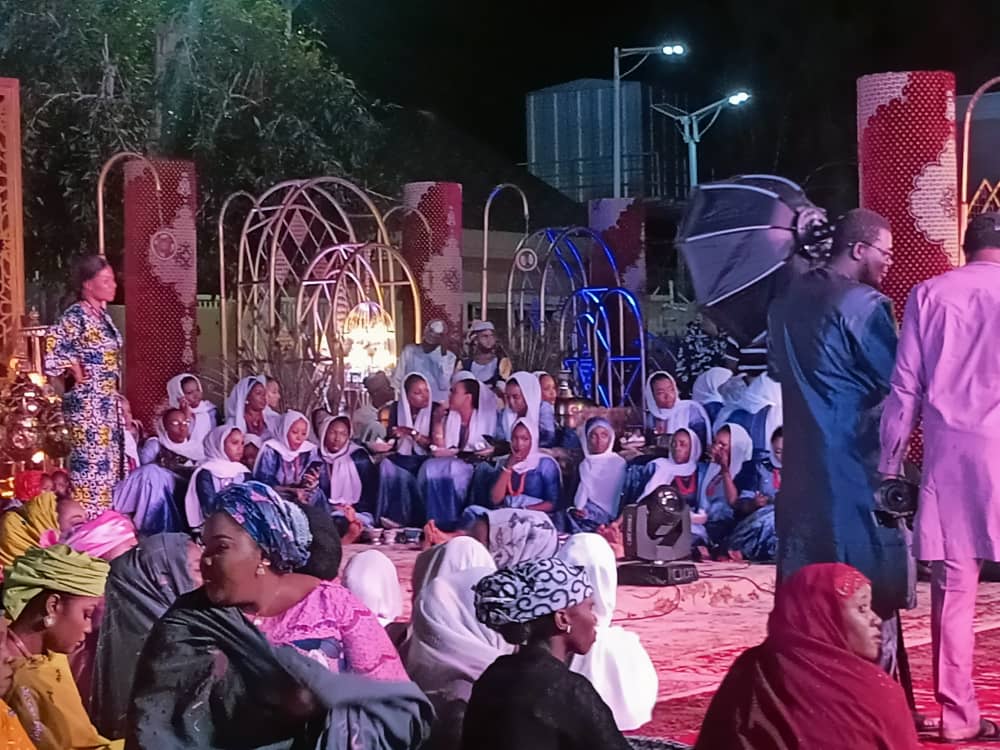
Eventually, we were ready to leave for the ‘wushe wushe’ (greet greet).
We drove in a convoy to H. E. Senator Kashim Shettima’s house.
The setting and decoration was so beautiful, I felt like Aladin’s wife somewhere in an Arabian palace. As an ‘adopted’ member of the groom’s family, I enjoyed the best view as I sat right behind the groom’s stepmom. The bride’s mom sat across from us with her friends and family.
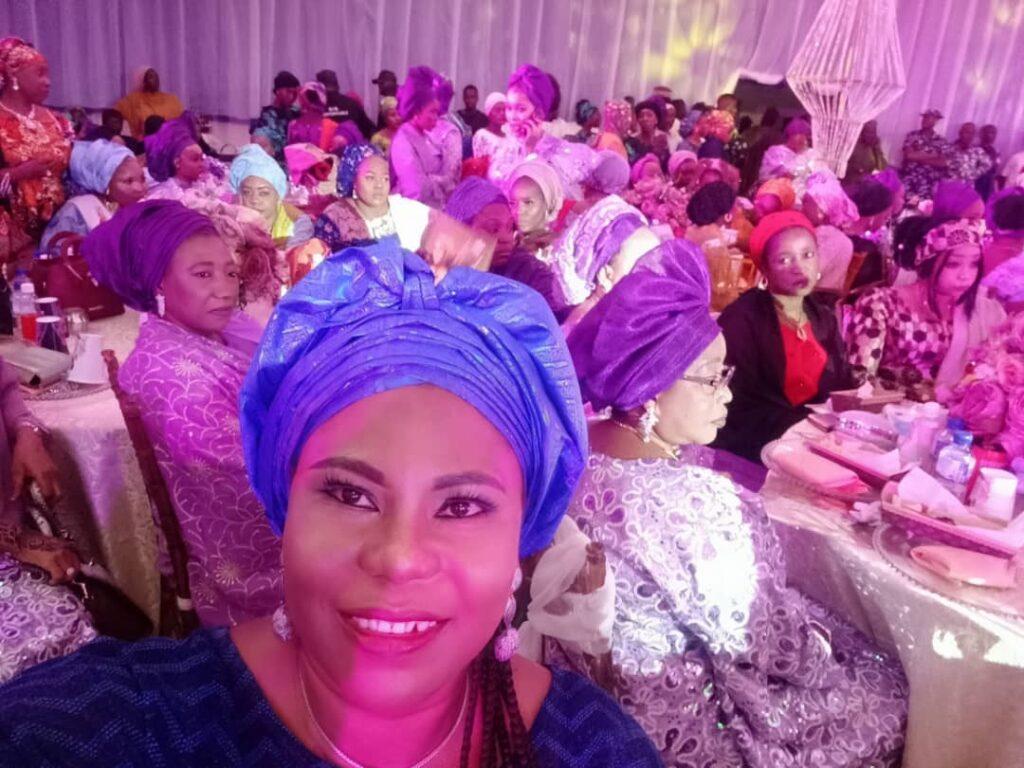
It was a very festive evening with a succession of local artists. Indeed, the ambience was magical and the weather appeared to be in total agreement with this holy matrimony.
Eventually, the bride and groom appeared.
To say Fatima Shettima was a vision straight out of a fairy tale would be to put it lightly. She floated beside her groom in sheer but rich flowing gold apparel with such regal grace that would turn even a young English duchess green with envy.
They did their rounds kneeling to greet their various moms before taking their seats.
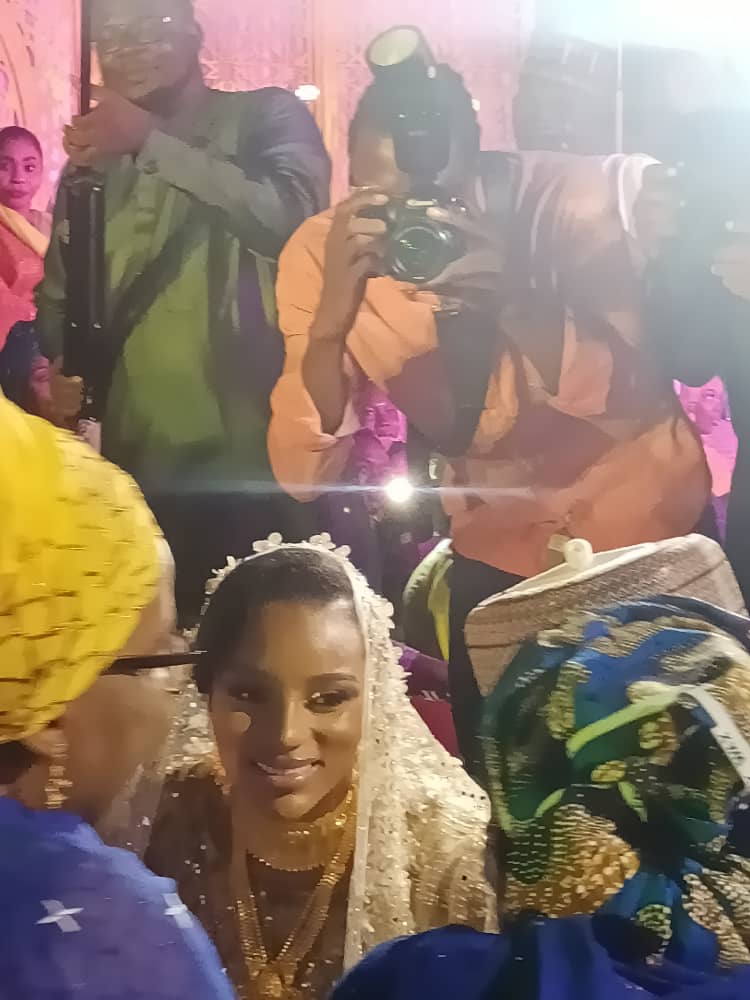
The party went on until our contingent called it a night or, better still, a morning as we didn’t leave until about 2 a.m. An exhausting but super exciting first day.
The following day was the wedding fatiha proper.
I had to sit out this one as women do not participate in it. My participation was, however, guaranteed as I could hear the sirens and all the buzz from the comfort of my room in Dr. Fati’s lovely home.
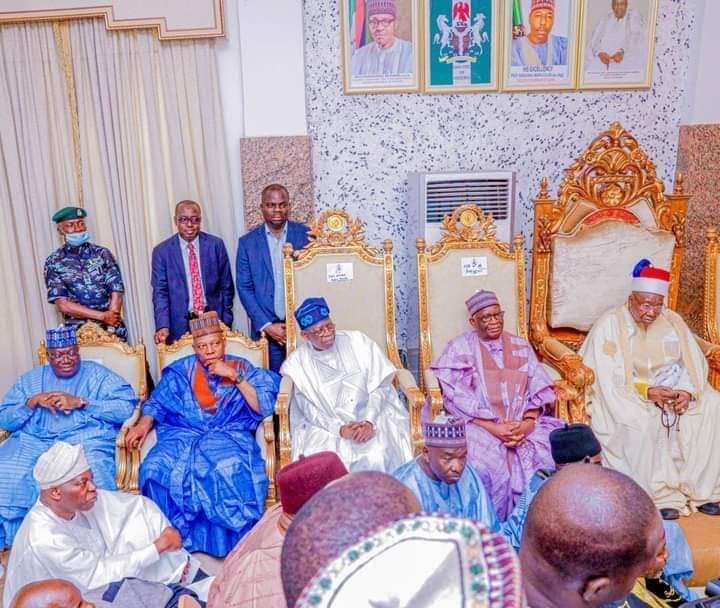
Later in the day, when the men were done and gone, we got dressed and headed out to the groom’s house to partake in the traditional exchange of gifts ceremony (kususuram).
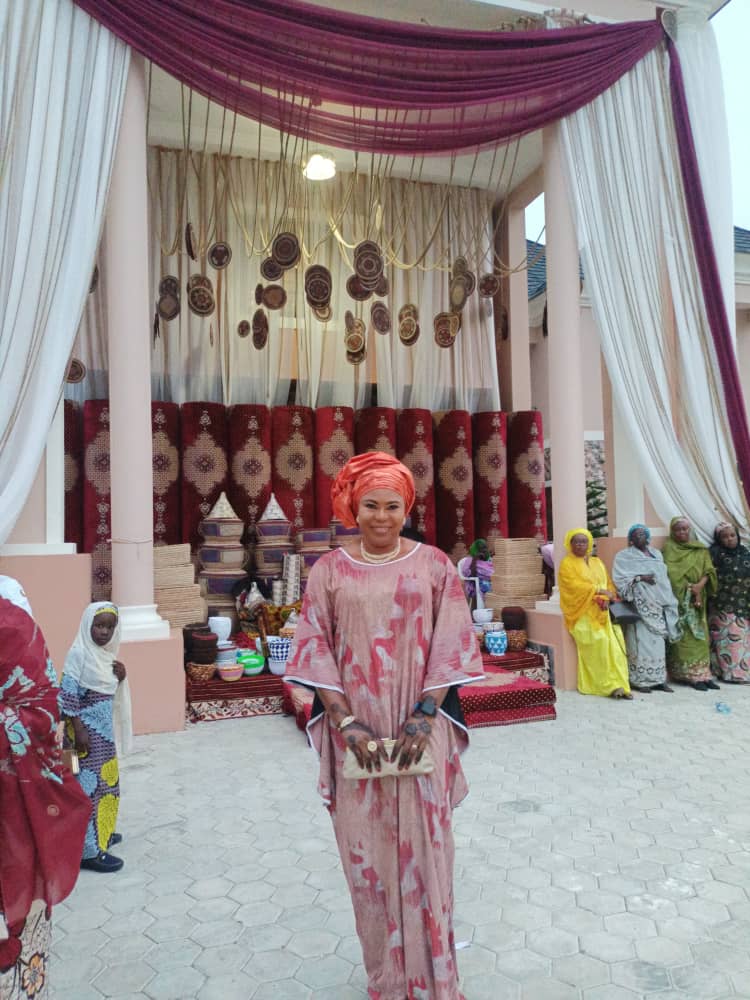
By tradition, the bride’s family will deliver gifts to the groom’s family and then the groom’s family will also deliver gifts for the bride to her family.
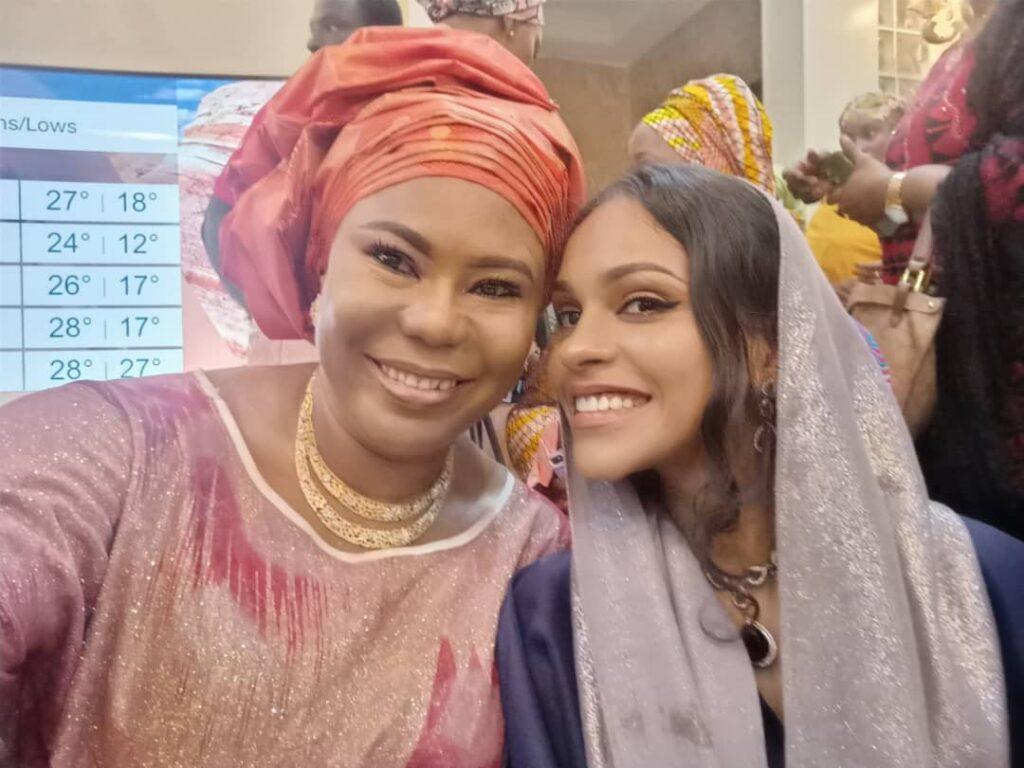
The vast assortment of gifts, which included jewelry, fabrics, carpets, headgears and all sorts of fancy things, were packed neatly into uncountable suitcases, baskets and bags.
First, we took them to H.E Sen. Shettima’s ancestral home to show to his older brother and family members. Then we moved to the bride’s home where we gathered in H.E. Mrs. Nana Shettima’s living room.
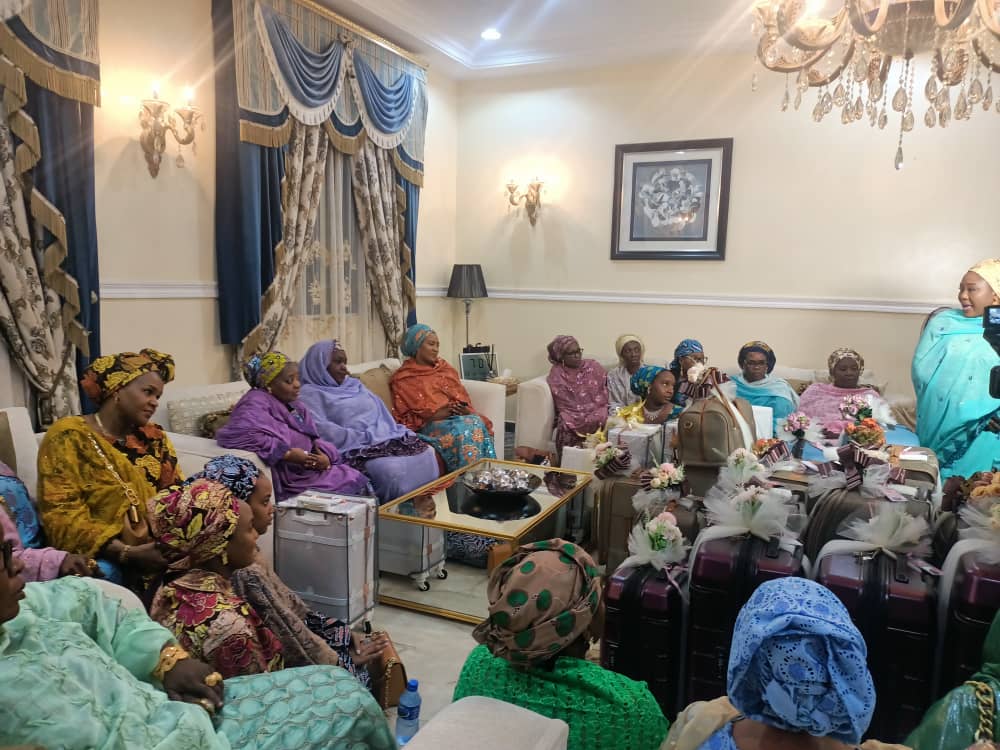
The list of gifts were read out and handed over. H.E also gave some gifts in return. We thereafter returned to Arc. Bunu’s house for more feasting and socialising.
To my amazement, I saw about a hundred colorful fancy pots of varieties of meals being deposited into the living room in quick succession. The lids were dressed in decorative voile and flowers. When I asked what it was about, I was told that the bride’s mom was traditionally required to cook and deliver to the groom’s home.
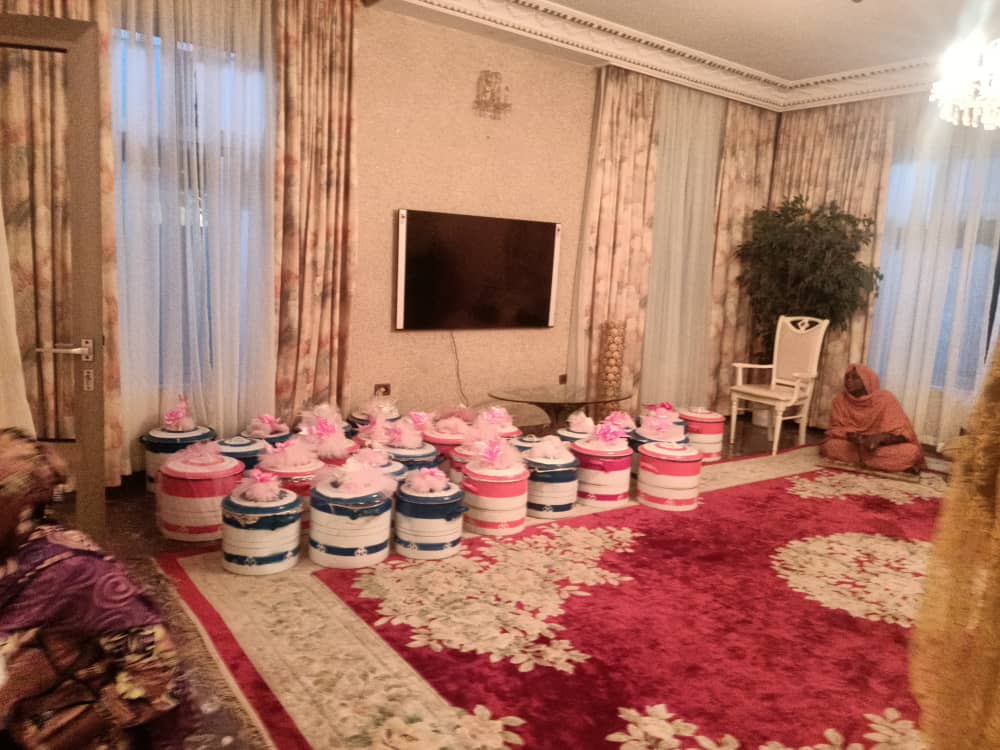
Unfortunately, I had to decline when I was offered more food as I was already as stuffed as a Thanksgiving turkey. The kind and sweet Hajiya Kaana Bunu, however, packed some takeaway for me. The lady is simply hospitality on steroids!
Contrary to the warning that the language barrier would isolate me, I felt completely at home. Everyone spoke English and I made several new friends. Of course, out of respect for the people and their culture, I dressed to fit in. So whenever someone spoke the local language to me and I didn’t seem to understand, they immediately switched to English.
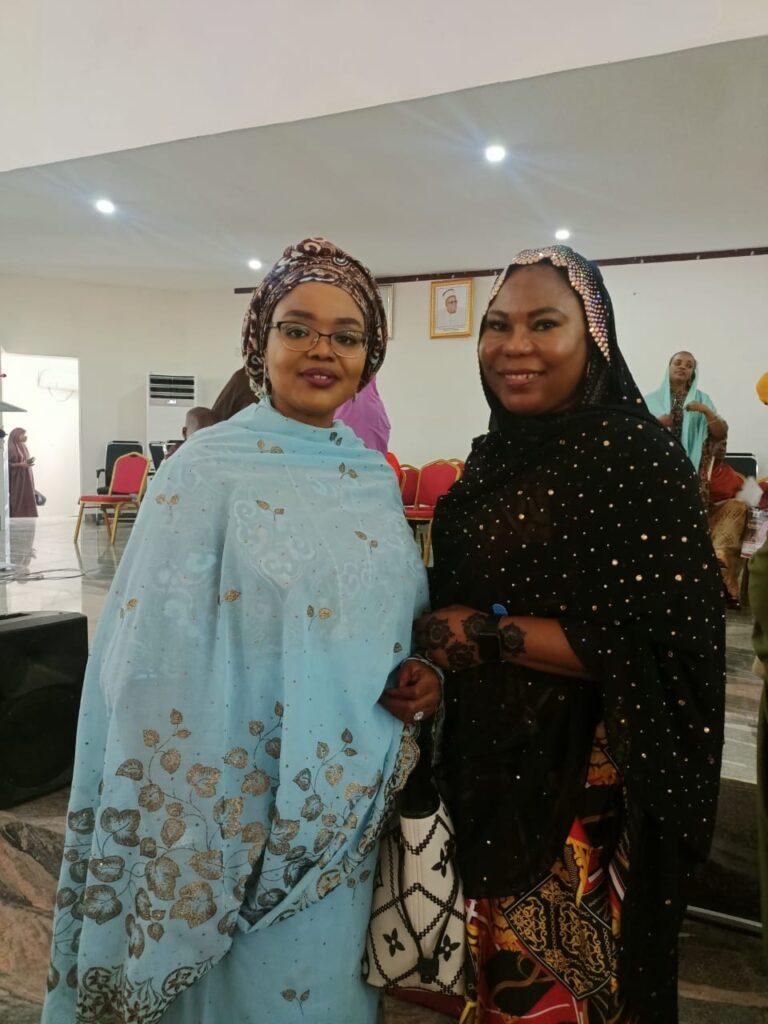
I also noticed people were especially impressed and extra nice when they were told that I came all the way from the Southeast to attend the wedding. I never felt a moment of discomfort or animosity from any quarters.
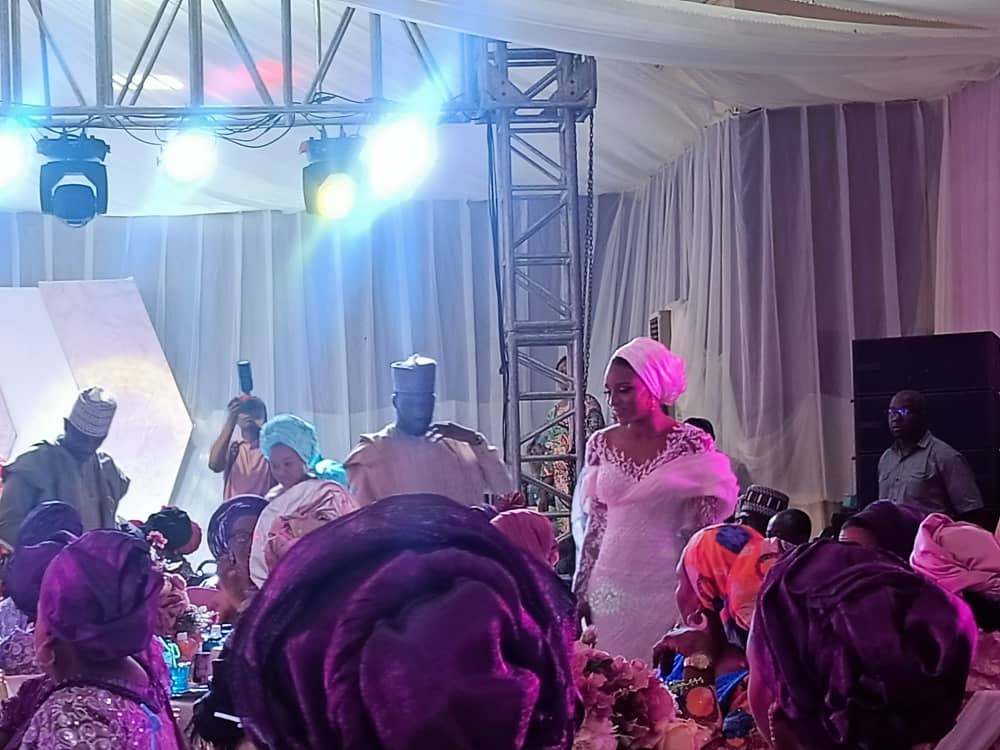
Eventually, we returned home very late and very tired.
The following day, Sunday, was the grand finale, a private dinner party in honor of the couple, hosted by the groom’s family.
I had spent the previous night getting my henna tattoo done on my hands and feet. The henna tattoo is an elaborate artistic temporary ink job usually done for ceremonial purposes.
I spent my day attending another event unrelated to the wedding.
By evening, we dressed up, drove to the groom’s house to pickup our IV cards (usually the details of the dinner is hush hush to limit gatecrashers especially for a wedding as high profile as this).
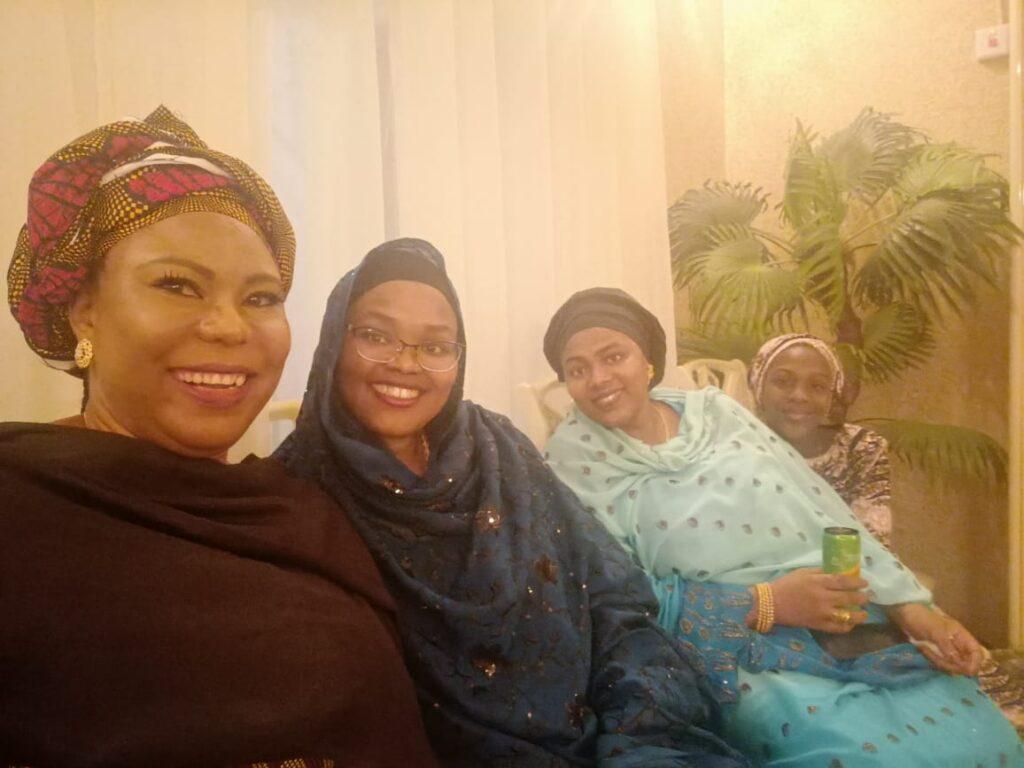
When we got to the venue and were vetted in, it was like stepping into a scene from the Cinderella story.
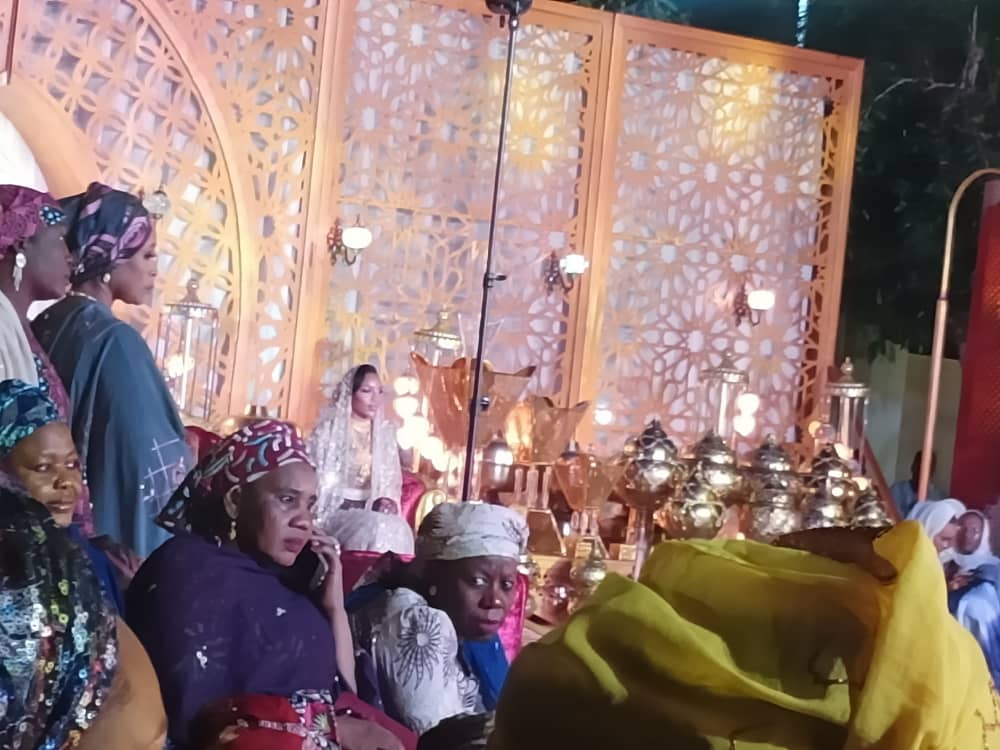
We found our seats and thus began an evening of fun and glamour. There were games, dancing, entertainers and an electrifying excitement in the air.
I made even more friends and completely fell in love with the bride’s exquisite white apparel.
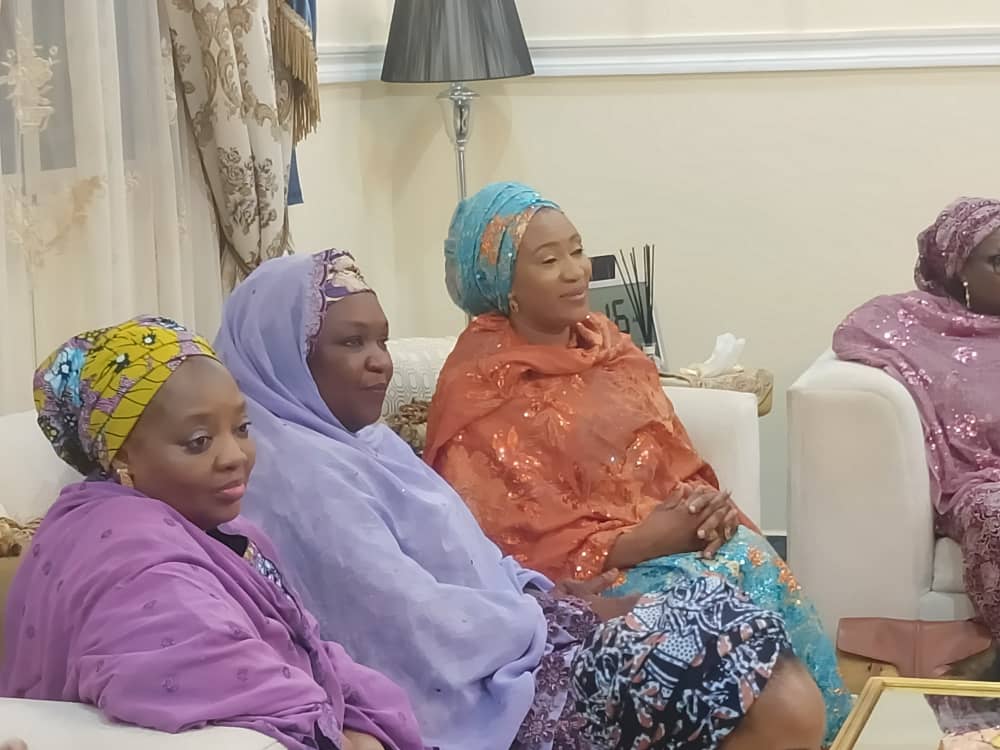
It was like a never ending happy ending.
By the time we got home at about past 1 p.m., I was totally beat.
I left Maiduguri the following morning feeling nostalgic.
Maiduguri had exceeded my expectations and left it’s mark upon my heart.
I will miss this city but I have this feeling that my romance with Maiduguri has just begun.
I will be back for sure.
Not one more time but multiple times.

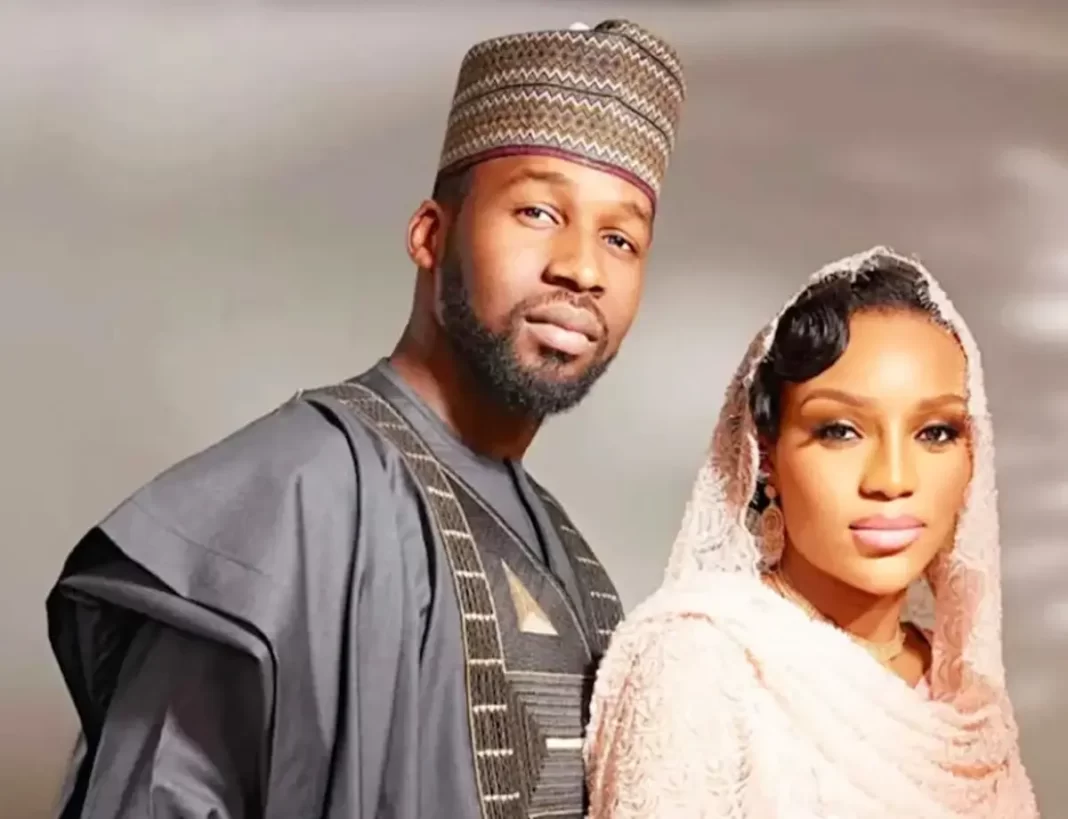




Wow! Quite an interesting picture story, very impressive analysis, from the IV to the event proper and all the activities in between. Very classic and inspiring. The caption caught me though?? “imagine the kind of experience you hope to read as a Nigerian when you read” my Maiduguri experience” ???”
Wow! Quite an interesting picture story, very impressive analysis, from the IV to the event proper and all the activities in between. Very classic and inspiring. The caption caught me though?? “imagine the kind of experience you hope to read as a Nigerian when you read” my Maiduguri experience” meanwhile it is completely contrary ???”